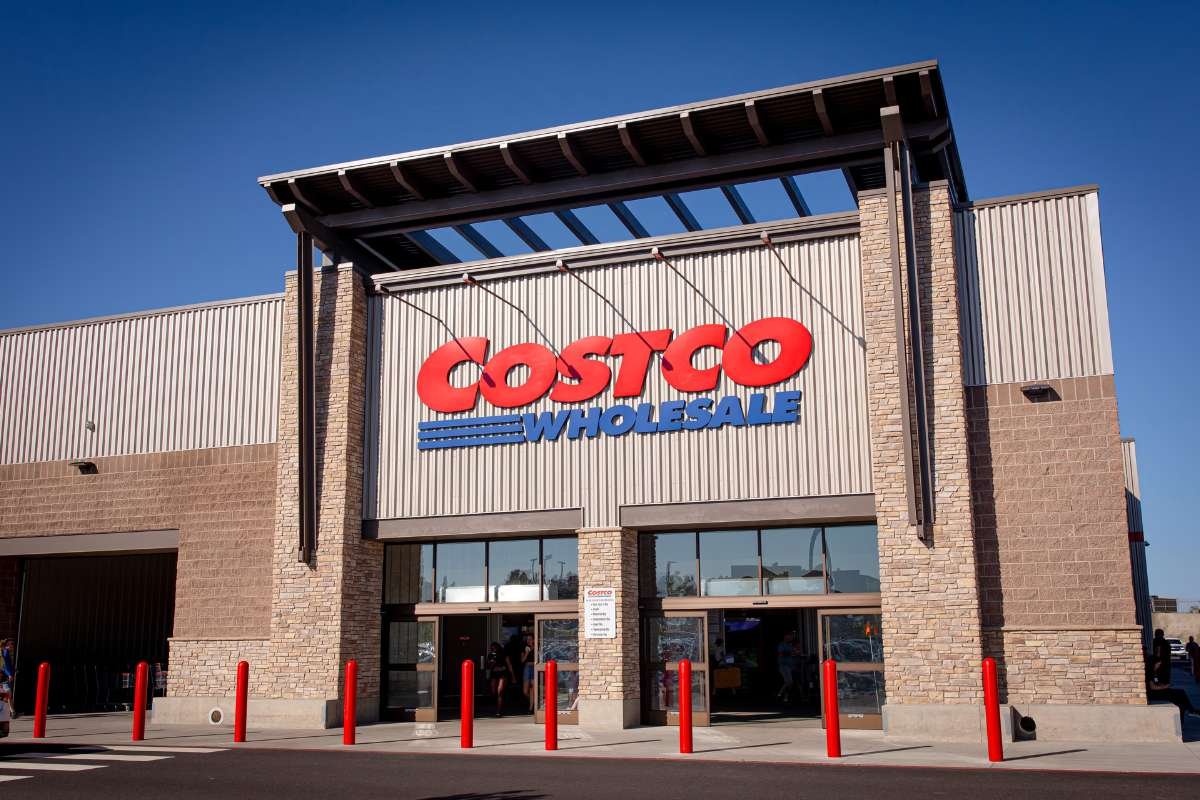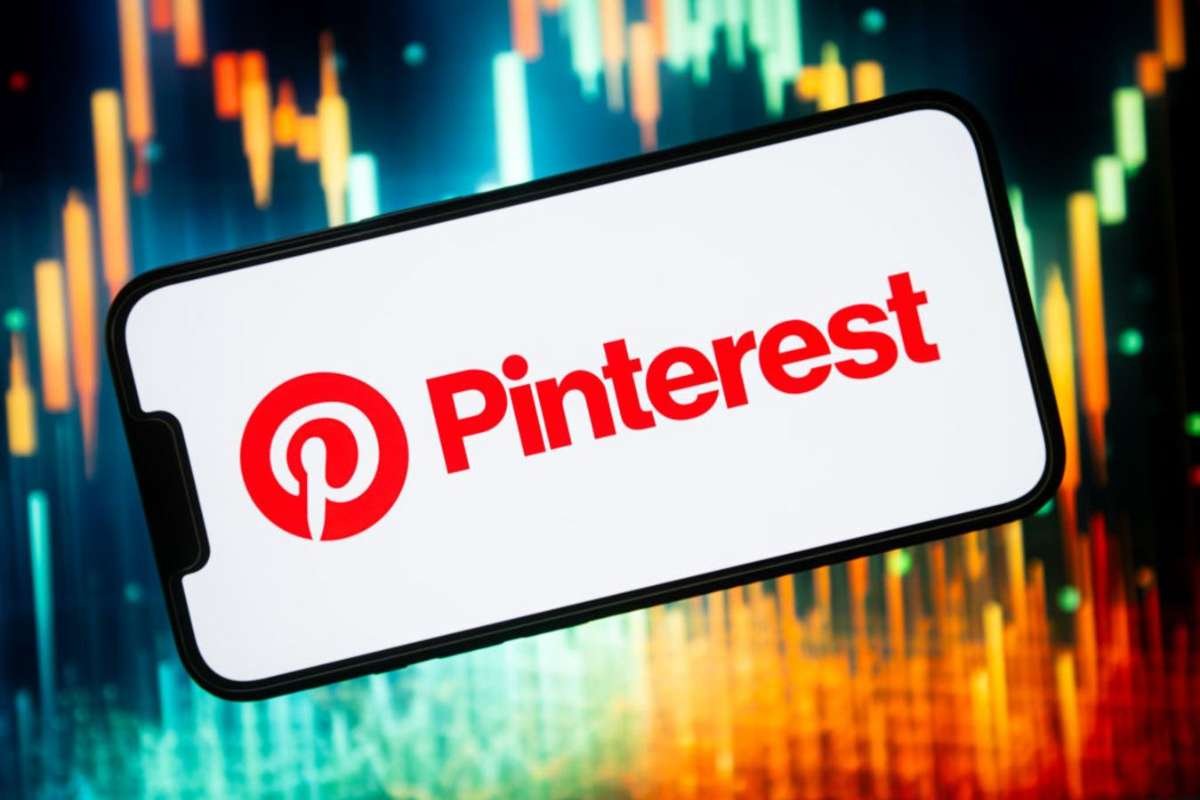Key Points:
- AOL will shut down its dial-up internet service on September 30, 2025.
- Over 160,000 U.S. households still use AOL Dial-Up despite broadband dominance.
- AOL will continue offering email and support services post-shutdown.
AOL has announced it will permanently shut down its long-running AOL dial-up internet service on September 30, 2025, marking the end of one of the internet’s most recognizable technologies. The company confirmed that the dialer software and AOL Shield browser tools, once essential for connecting via landline, will also be retired on the same date.
Although broadband and wireless networks have long since overtaken dial-up, the service has continued to operate for a small but loyal user base. As of last year, more than 160,000 U.S. households still relied on dial-up for their primary internet connection, a fraction of a percent of all subscriptions. For many, its familiar connection tones represent a nostalgic chapter in the early days of going online.
Rise and Decline
In the 1990s and early 2000s, AOL was a dominant force in home internet access. Its “You’ve got mail” greeting became a cultural phenomenon, while millions of trial CDs were mailed to households across the country. At its peak, the company’s market value soared to over $160 billion, cementing its place in digital history.
However, AOL’s fortunes shifted in the wake of its high-profile merger with Time Warner, as faster and more efficient broadband technologies rendered AOL Dial-Up increasingly obsolete. Subscriptions plummeted from millions in the early 2000s to just a fraction in the past few years. The company had already begun phasing out other legacy services, including its instant messaging platform, in 2017, in response to the evolving digital landscape.
Looking Ahead
With AOL Dial-Up set to disappear, AOL plans to continue offering other subscription-based services, including email, identity protection, and technical support. For those still using the old connection method, the company has encouraged transitioning to modern broadband or wireless solutions.
While the change underscores the inevitability of technological evolution, it also signals the close of a shared cultural memory. The sound of a modem handshake, once the gateway to a new digital frontier, will soon be consigned to history—fondly remembered by those who experienced the early internet and almost unimaginable to generations raised in a world of instant connectivity.
Visit The Enterprise World for more information.


















